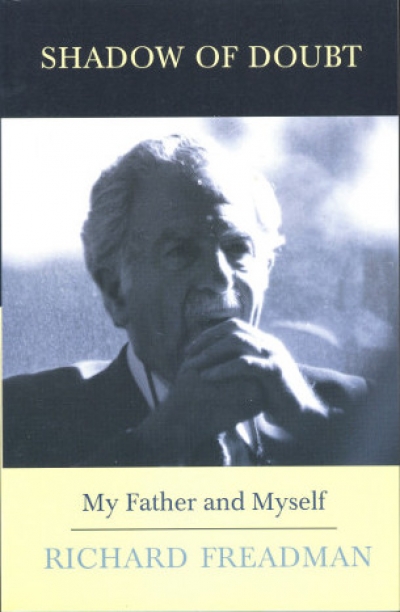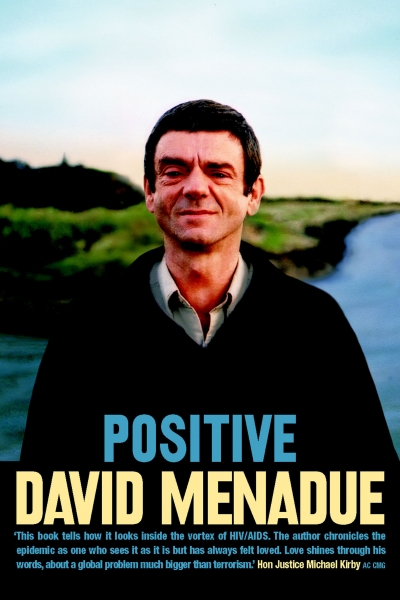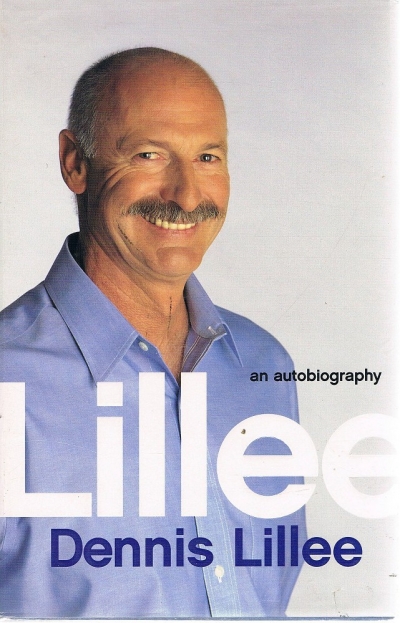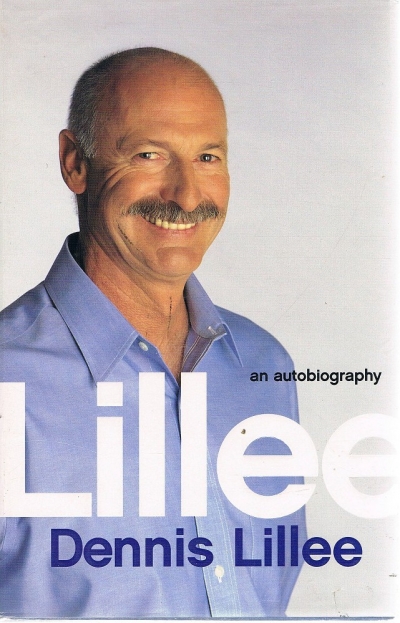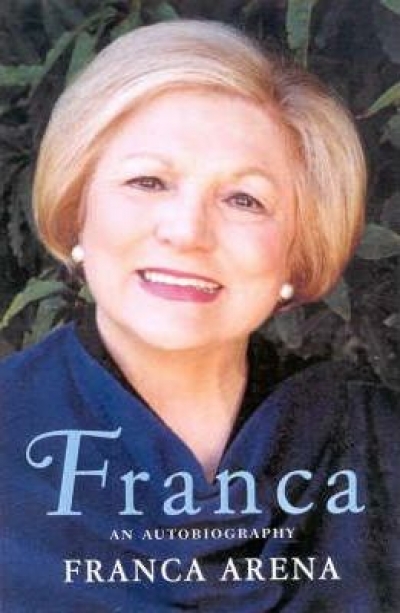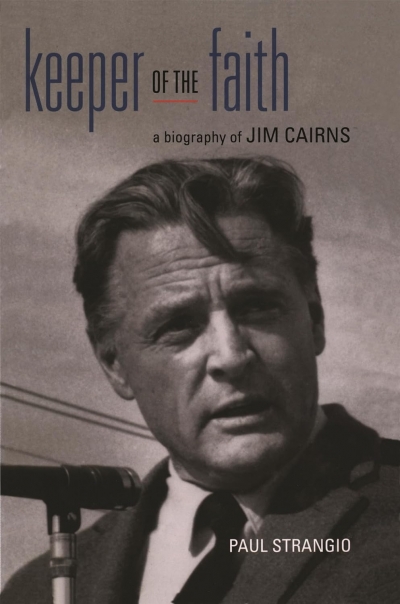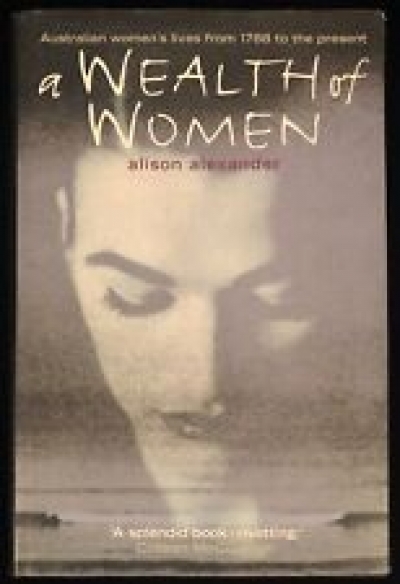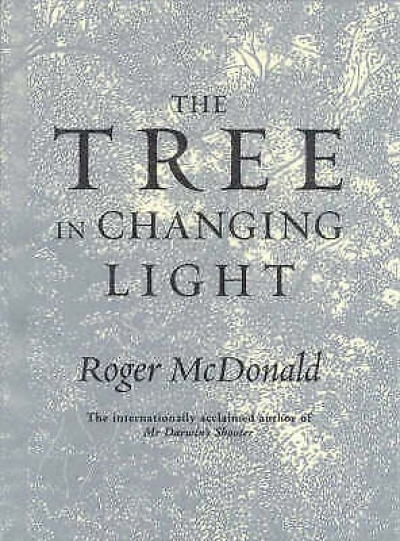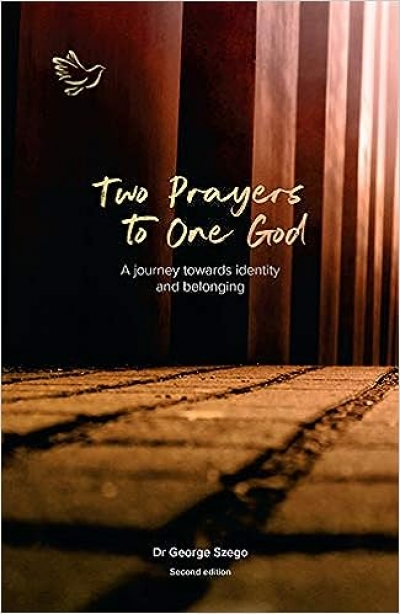Oh Dennis, Dennis! For four decades, we’ve had to forgive your indiscretions and blemishes. We’ve done so willingly, because you were not only the fast bowler of a generation, but of that generation’s milestones. For many Australians, their national cricket team of the Lillee, Chappell, Marsh era was as important a cultural statement as the Beatles to the English in the 1960s. The stovepipe creams, the body-shirts, the massive crops of hair and the noses thumbed at the old Establishment, English and local, either drove or represented significant change in Australia. Lillee, ultra-competitive and irreverent (he said gidday to the Queen and asked for her autograph), stood at the forefront of all this. So we forgave him for the aluminium bat, for betting on England, for kicking Javed Miandad, for pulling out of a tour of England to help establish World Series Cricket – for so many things. And here we are again in 2003, still having to forgive him.
...
(read more)

